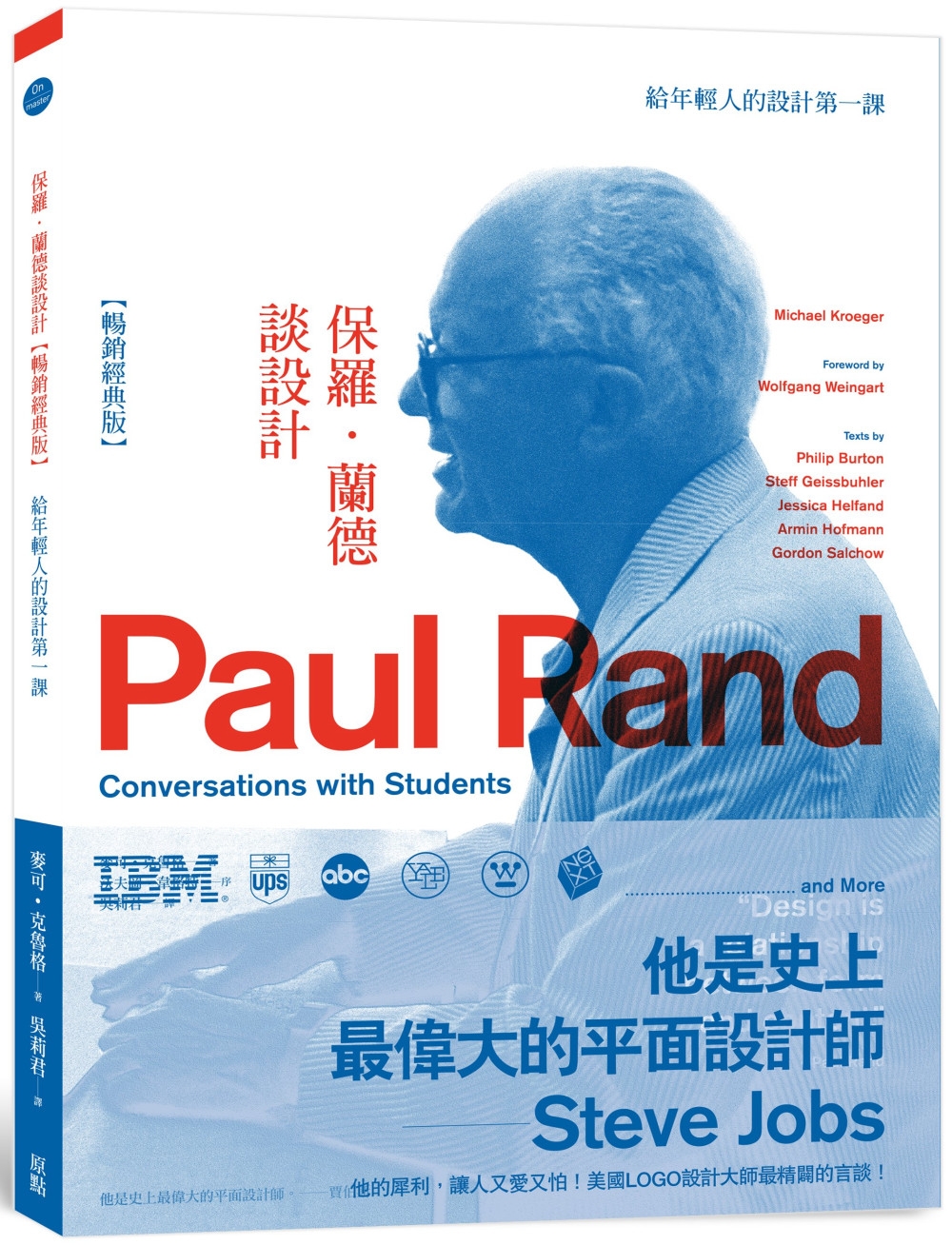









Suitable for senior secondary and university students, teachers, and all users of English as reference or for self-study
7 practical strategies for clear and effective writing
Over 2,000 example sentences throughout the book illustrate grammatical points and correct usage
Contains a practical A-Z guide to the proper use of some 300 troublesome words
Down-to-earth coverage of a broad range of topics of grammar and usage with detailed but easy-to-understand explanations and practice exercises (with answers)
Topics that are likely to be weak spots of learners are given particular attention, such as subject-verb agreement, the number attribute of nouns, verb tenses, articles, prepositions, restrictive and non-restrictive clauses, participial phrases, conditional sentences, punctuation, parallel structure, reported speech, and word skills
名人推薦
“Professor Pedro Ng adopts an approach that makes his work comprehensive in scope, enlightening to read, and practical for reference. True to what its title suggests, this book is intended to help students and other readers to solve their language problems as a prerequisite for improving their capacity to write.”
——Ambrose Yeo-chi King(金耀基教授)
Emeritus Professor of Sociology and former Vice-Chancellor
The Chinese University of Hong Kong
作者簡介
Pedro Ng(吳白弢)
Dr. Pedro Pak-tao Ng (吳白弢), a graduate in sociology of The Chinese University of Hong Kong (CUHK) (1966), obtained his Ed.D. (Doctor of Education) from Harvard University in 1971, after which he began teaching in the Department of Sociology, CUHK. In 1977-78, he was a visiting scholar at Clare Hall of the University of Cambridge as a recipient of a Leverhulme Trust Fellowship. To help students improve their English academic writing skills, he initiated and designed a “Research Writing” course in 1995, which he taught until 2015 when he retired. The course was the only one of its kind offered in The Chinese University’s Faculty of Social Science. He authored Effective Writing: A Guide for Social Science Students, published by The Chinese University Press in 2003. Dr. Ng’s main interests include language study, classical music, reading, and travel. He and his wife have a daughter, a son, and four grandchildren.
Acknowledgements................................................................................................. iv
Foreword by Professor Ambrose Yeo-chi King................................................................ v
Preface.................................................................................................................... vii
PART 1 Getting Oriented
1. What Hinders You from Writing Good English?................................................................ 2
2. What is Good Written English?.......................................................................................... 9
3. Learning English Skills.................................................................................................... 16
PART 2 Learning the Skills
4. Recognize the Main Word Classes................................................................................... 20
5. Use Verbs Correctly......................................................................................................... 31
6. Observe Subject-Verb Agreement.................................................................................... 56
7. Distinguish between Countable and Uncountable Nouns................................................. 73
8. Observe Pronoun-Antecedent Agreement and Keep Pronoun References Clear............... 91
9. Know When to Use Articles (a/an, the).......................................................................... 100
10. Use Adjectives and Adverbs to Modify...........................................................................114
11. Use Prepositions to Say Many Different Things............................................................ 141
12. Know Your Phrases and Clauses.................................................................................... 167
13. Distinguish between Restrictive and Non-restrictive Relative Clauses.......................... 178
14. Use Participial Phrases to Say Something About the Subject......................................... 188
15. Use Coordination or Subordination to Show the Relative Importance of Two Ideas...... 199
16. Use Conditional Sentences to Talk about Real and Unreal Possibilities..........................211
17. Put Related Items in Parallel Structure........................................................................... 222
18. Strengthen Your Word Skills.......................................................................................... 235
19. Use Punctuation Carefully to Enhance Your Writing...................................................... 257
20. Know How to Write Reported Speech............................................................................ 283
21. Write Clearly and Effectively I...................................................................................... 300
22. Write Clearly and Effectively II..................................................................................... 315
PART 3 Guide to Using Words Properly.......................................................... 338
Appendix (Irregular verbs)................................................................................ 411
Answers to Exercises (Chapters 4-22)............................................................... 416
Suggested References (with annotations)......................................................... 437
Index...................................................................................................................... 443